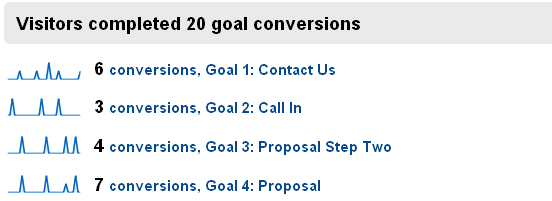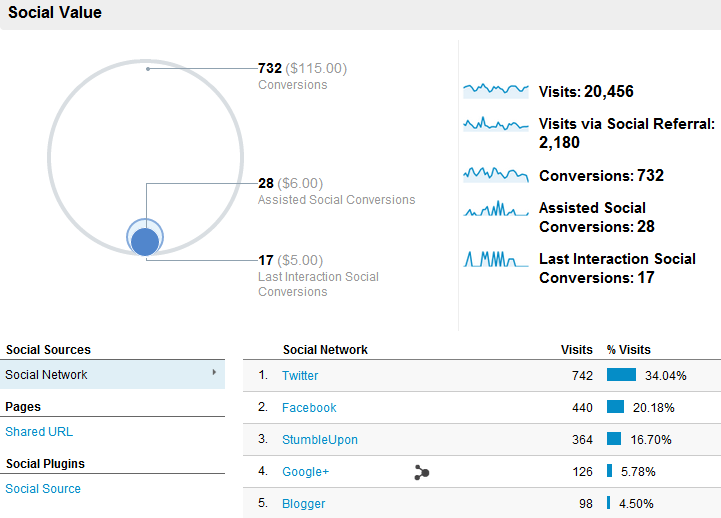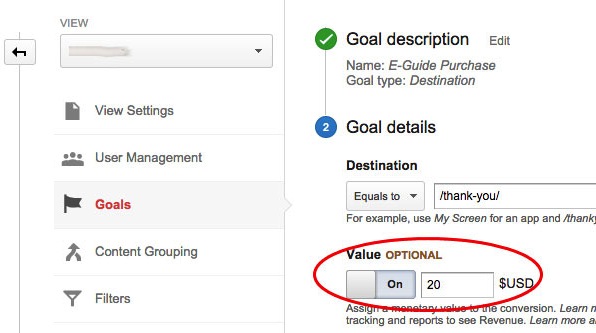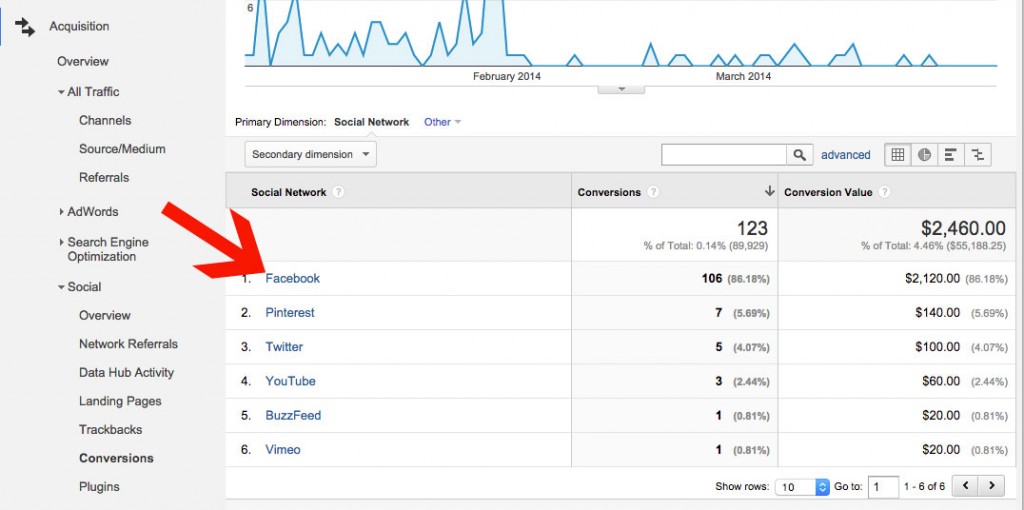How Track Your Online Impact From Social Media
At SOCi, we understand that adopting social media is crucial to achieve business marketing goals. But are you measuring the ROI on your social media investment?
The Social Media Analytics Myth
The excuse that social media isn’t as trackable as other forms of digital marketing is exactly that – an excuse. Social media is as trackable and quantifiable as any other form of online marketing.
But, according to Social Media Today, over 70% of online businesses using social media are not monitoring their return on investment. This is shocking and a huge mistake. If you’re guilty of being part of the 70%, don’t worry – we’re here to help you become part of the 30%.
We’ve created a guide, with easy to follow steps and takeaways, to help you gauge the ROI on your social media efforts.
If You’re Not Using an Analytics Tool, That’s a Problem
This should be a no-brainer, unfortunately, there are still companies out there running digital campaigns without leveraging a unified analytics platform.
While some social channels have their own way of selecting and tracking conversion goals, the easiest way to track data is with your Google Analytics.
When a visitor to your site performs an action defined as a goal, Google Analytics records that as a conversion. If tagged properly, Google Analytics can show a behavior flow of how and when visitors converted.
Choose The Right Social Media Goals
Setting the correct conversion goals is a key first step.
Your conversion goals will affect how you measure your return. Some examples of conversion goals are contact form submissions, white-paper downloads, and email list signups, as well as the more traditional, purchasing a product or service.
Companies need to set clear goals to determine what you’re evaluating and what success looks like.

Example: Google Analytics Goal Conversions
Every organization will have their own way of defining their social media conversion goals. Although goals are unique to each company, all should aim to have consumers take a measurable action that ultimately has monetary value (i.e. directly or indirectly leads to revenue).
Some examples of goals:
- Sign up for a newsletter
- Fill out a form
- Make a purchase
- Download a pdf
Track Your Success
In order to measure your success, you will need to track various metrics and activities in your analysis of your social media marketing campaigns. These metrics will vary based off of the different platforms and goals you have chosen.
If you have setup your goals and assigned a value to each goal, this part is a lot more useful. Instead of having to dive deep into multiple granular metrics, you can quickly see and attribute conversion rates and monetary value to a select social network or specific social media campaign.
If you want to look at how certain KPI’s are doing, or how they vary across your social media channels, we recommend focusing on a few main KPIs, such as traffic and conversion rate to support your achievements.
Top 5 metrics for social media ROI:
- Reach
- Traffic
- Leads
- Customers
- Conversion rate
Assign Monetary Value to Goals and Determine Costs
When setting up your goals on Google Analytics, don’t forget to assign a monetary value to each of your conversions. This is one of the key components to calculating your social ROI. It will enable you to compare your conversions from different sources in a meaningful and actionable way.
Utilize historical data to determine what a goal value should be. For example, if your average transaction is $400, and you know that your sales team closes 10% of people who sign up for a newsletter, then you might assign $40 to your newsletter sign up goal.
After you set your financial amounts, be sure to keep a record of promotional fees and labor costs by your respective social platforms.
Analyze Your Results and Find Ways to Improve
Accumulate your data and review your results. If you’ve set up everything correctly, you can easily see what worked and what didn’t work – as identified by goal conversion value versus campaign costs.
Some things to look for when analyzing your data:
- What channel has the highest conversions?
- What channel has the lowest value?
- Did one channel produce more leads than the rest?
- What was the lowest performing channel by traffic?
- What channel was the best in generating online purchases?
Many companies that are closely monitoring their social media campaigns are seeing a positive ROI. This is likely due to two causes; 1. people who are tracking social media campaigns have probably given thought to, and planned out, their campaigns and desired goals, and 2. tracking your campaigns and ROI allows for easier optimization of campaigns leading to a positive ROI.
Now that you can calculate your return, don’t forget that social media, at it’s core, is about connecting with your customers and building brand loyalty. You’ll find that truly connecting with your fans and community will have a direct correlation to a positive return on your social media investment.


